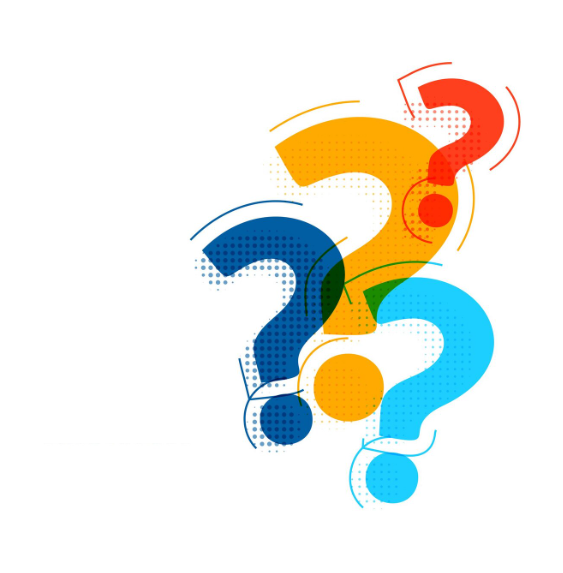Question 333: Why do people die of starvation or suffer greatly, if God has provided for them?

Answer
1 عَنْ زُرَارَةَ وَ مُحَمَّدِ بْنِ مُسْلِمٍ عَنْ أَبِي عَبْدِ اللَّهِ فِي حَدِيثٍ قَالَ: إِنَّ اللَّهَ عَزَّ وَ جَلَّ فَرَضَ لِلْفُقَرَاءِ فِي مَالِ الْأَغْنِيَاءِ مَا يَسَعُهُمْ وَ لَوْ عَلِمَ أَنَّ ذَلِكَ لَا يَسَعُهُمْ لَزَادَهُمْ إِنَّهُمْ لَمْ يُؤْتَوْا مِنْ قِبَلِ فَرِيضَةِ اللَّهِ عَزَّ وَ جَلَّ وَ لَكِنْ أُوتُوا مِنْ مَنْعِ مَنْ مَنَعَهُمْ حَقَّهُمْ لَا مِمَّا فَرَضَ اللَّهُ لَهُمْ وَ لَوْ أَنَّ النَّاسَ أَدَّوْا حُقُوقَهُمْ لَكَانُوا عَائِشِينَ بِخَيْرٍ.
📚 Faqih, Vol. 2, p. 4
Translation: Imam Sadiq, peace be upon him, said in a hadith: Indeed, Allah, the Mighty and Exalted, has made it obligatory for the poor to have a sufficient share in the wealth of the rich. If Allah knew that this amount would not be sufficient for them, He would have made it more. Indeed, the poor are not in poverty because of a divine decree, but rather because of the withholding of those who withhold their rights, not from what God has made obligatory for them. If people were to give them their rights, they would surely live in well-being and goodness.
2 عَنْ مُعَتِّبٍ مَوْلَى الصَّادِقِ قَالَ: قَالَ الصَّادِقُ إِنَّمَا وُضِعَتِ الزَّكَاةُ اخْتِبَاراً لِلْأَغْنِيَاءِ وَ مَعُونَةً لِلْفُقَرَاءِ وَ لَوْ أَنَّ النَّاسَ أَدَّوْا زَكَاةَ أَمْوَالِهِمْ مَا بَقِيَ مُسْلِمٌ فَقِيراً مُحْتَاجاً وَ لَاسْتَغْنَى بِمَا فَرَضَ اللَّهُ لَهُ وَ إِنَّ النَّاسَ مَا افْتَقَرُوا وَ لَا احْتَاجُوا وَ لَا جَاعُوا وَ لَا عَرُوا إِلَّا بِذُنُوبِ الْأَغْنِيَاءِ وَ حَقِيقٌ عَلَى اللَّهِ تَعَالَى أَنْ يَمْنَعَ رَحْمَتَهُ مَنْ مَنَعَ حَقَّ اللَّهِ فِي مَالِهِ وَ أُقْسِمُ بِالَّذِي خَلَقَ الْخَلْقَ وَ بَسَطَ الرِّزْقَ أَنَّهُ مَا ضَاعَ مَالٌ فِي بَرٍّ وَ لَا بَحْرٍ إِلَّا بِتَرْكِ الزَّكَاةِ
📚 Faqih, Vol. 2, p. 7
Translation: Imam Sadiq, peace be upon him, said: Indeed, zakat was legislated to test the rich and to help the poor. If people were to give the zakat of their wealth, no poor, needy Muslim would remain, and he would be free from need with what God has made obligatory for him. Indeed, people do not become poor, needy, hungry, or unclothed except because of the sins of the rich. And it is deserving of Allah the Almighty to withhold His mercy from those who withhold Allah's right in their wealth. And I swear by the One who created the creation and expanded the provision that no wealth is destroyed in the sea or on land except because of the abandonment of zakat...
Punishment for withholding the right of the poor
3 عَنْ أَبِي عَبْدِ اللَّهِ قَالَ: إِنَّ اللَّهَ عَزَّ وَ جَلَّ جَعَلَ لِلْفُقَرَاءِ فِي أَمْوَالِ الْأَغْنِيَاءِ مَا يَكْفِيهِمْ وَ لَوْ لَا ذَلِكَ لَزَادَهُمْ وَ إِنَّمَا يُؤْتَوْنَ مِنْ مَنْعِ مَنْ مَنَعَهُمْ.
📚 Al-Kafi, Vol. 3, p. 497
Imam Sadiq, peace be upon him, said:
Indeed, Allah, the Mighty and Exalted, has placed for the poor in the wealth of the rich an amount that is sufficient for them, and if it were not so, He would have made it more (He would have legislated more zakat). And indeed, what befalls the poor is because of the withholding of those who withhold their (rights).
Withholding the right of the poor
✅Although both poverty and prosperity have their wisdoms and have different causes and reasons, there is no doubt that both are a means of divine trial. God has placed the right of the poor in the wealth of the rich and has made it obligatory upon people under the titles of zakat, khums, the known right, ma'un, and so on. According to the above narrations and many other hadiths and verses, if the rich were to fulfill their financial obligations, no poor person would be found. This is a great divine test for the rich to be tested, and because of the rich withholding their financial rights, many poor people in society today are suffering in poverty. It is hoped that the followers of the Ahl al-Bayt, peace be upon them, by learning the rulings of various financial rights, will be diligent in giving the rights of the poor, because severe punishments have been legislated in verses and narrations for abandoning zakat and the rights of the poor.